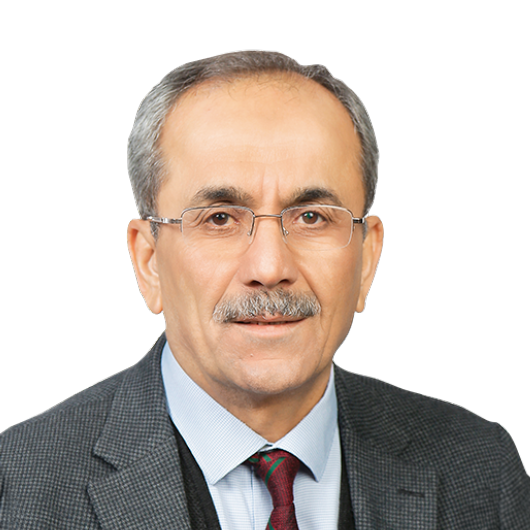After the defeat we experienced in World War I, that is to say after losing a great state, we spent a lot of time building a new identity and rallying around it. We cannot pretend that this process has ended and that all the dust has settled. Social divisions continued in the absence of broad-based compromises.
While it is necessary to view social divide on an identity basis, those who reduce the process to temporary political attitudes such as polarization are dominant. However, we still have a social structure shaped by the opposing identities created by different models of post-defeat institutionalization.
Good politics, in particular, had a problem of representation because it did not go beyond a liberal attitude when it came to shaping a new identity. In addition, the fact that the groups involved in this policy have shifted according to the habits of the economic center has created a problematic environment in terms of local and national identity. It is very important that dependent structures from religious groups be strengthened in the liberal environment of good policy.
Studies conducted on this process in Turkey have generally looked at this issue from an iedological standpoint, which is why they failed to capture its multidimentional aspects. The National Order Party, founded by the late Necmettin Erbakan in 1969, is a first in terms of a political manifestation of what a "third way" option could accomplish.
It is necessary to see this movement as the construction of a new identity in the political, economic and cultural fields that were formed after the defeat.
The National Order Party was a model and would echo throughout the Islamic world. In particular, it is important to examine similar processes in the Islamic geography around the Mediterranean.
Even in a small country like Palestine, we can see the effect of the Party of National Order. We must also not forget that countries such as Syria, Iraq, Palestine, Egypt, Libya, Tunisia and Algeria are in constant contact with Turkey.
It cannot be explained by coincidence that the Islamic Salvation Front gave the “third way” message after the National Liberation Front in Algeria. It was an important development that a structure similar to the structure formed after our defeat would lead the political life of post-colonial Algeria.
The emergence of a strong, indigenous and national structure in the Muslim regions around the Mediterranean in the early 1990s sparked debates on "political Islam" in the West. It is nothing more than a declaration of intent that renowned orientalists have declared the death of political Islam at the time of its birth.
What is remarkable is that national and indigenous structures have been drowned in discussions of democracy. Although there are problems as high as mountains that needed to be resolved, we have still not been able to come to terms with the fact that these structures are overwhelmed by an intense debate on democracy.
France hastily bombed Libya in 2011. It is said today to have been a mistake for France. The coup launched by the same France against the Islamic Salvation Front in late 1991 should also be discussed. We cannot grasp the political tensions in Algeria, Tunisia, Libya and of course Egypt without taking a closer look at the military coups in the post-colonial period.
Beginning in Turkey and spreading to all the Muslim countries in the Mediterranean basin, tensions show that a great dynamism has finally formed after a periods of defeat and colonialism. As in France, "outmoded" governments that could not shed their colonial habits and made all kinds of immoral interventions to ensure the continuation of the process of tuetlage in North Africa.
The process that started with the National Order Party has not changed Turkey alone. It should not be forgotten that the late Aliya Izzetbegovic implemented a similar model. Similarly, Abbasî Medenî was a new lease of life with some differences. By whim of fate, they were all Mediterranean and subjected to very severe interventions.
We see that groups which never crossed paths with Erbakan at the time, but which only entered the political sphere in the 1990s, have again mounted opposition under the umbrella of "Western democracies and laws". Similar tensions are also present in the countries mentioned above. There is nothing wrong with seeing Haftar as France. Charles de Gaulle embraced Sartre, who was at the time criticized for being opposed to France's crimes against humanity in Algeria, saying "Sartre is also France" and saved face. Today, I must repeat the words of Charles de Gaulle as follows: Haftar is France. Meaning exploitation, colonialism, massacres and terrorism!




















